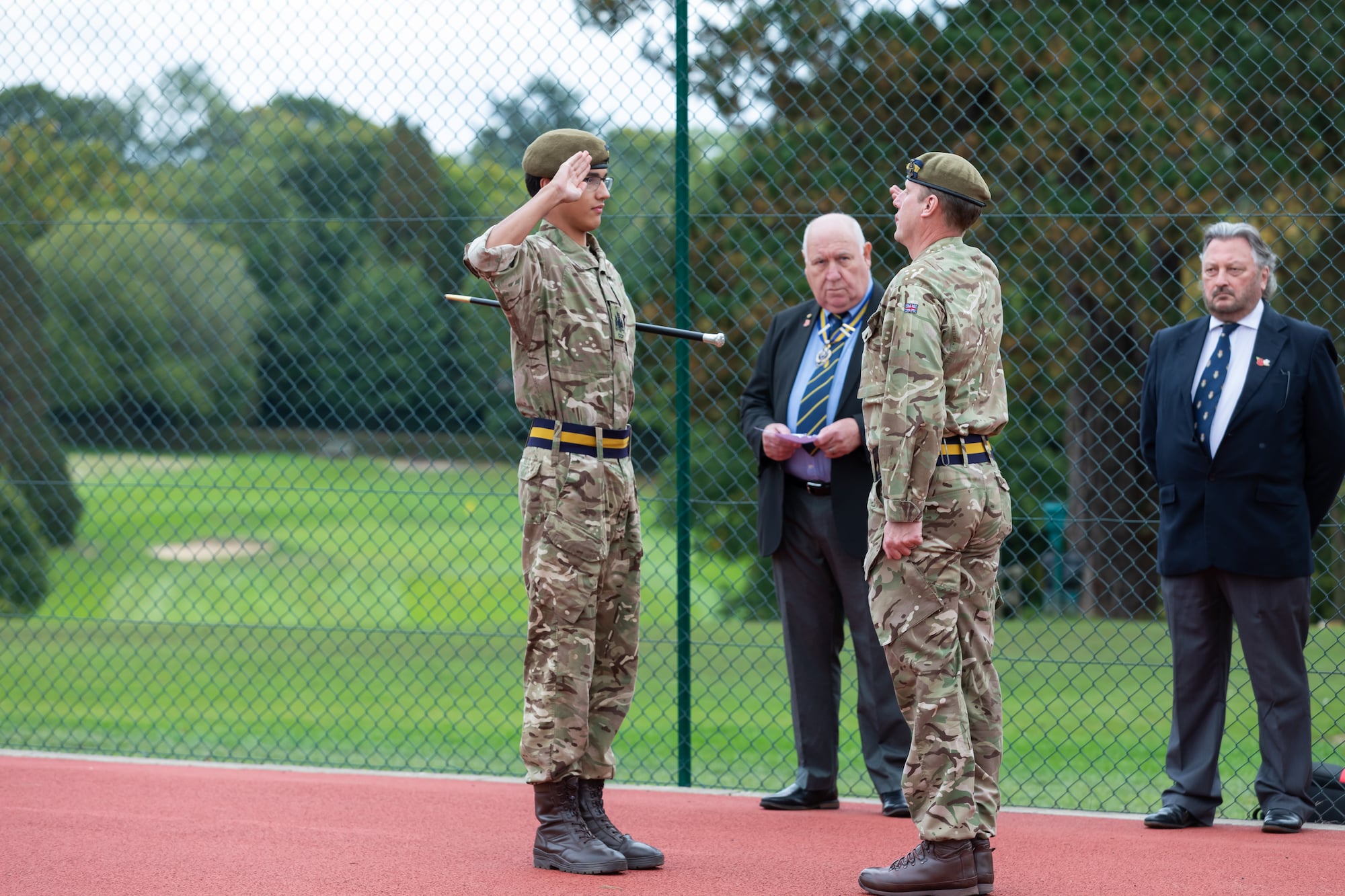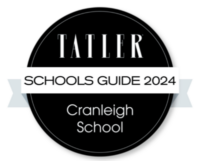 On the evening of October 17th, a few days before half term, an expectant audience gathered in Chapel for the first concert in a new series of termly organ recitals given by internationally renowned performers. To kick off the new series, the Scott Brothers, Jonathan and Tom, drove down from their home in Manchester to treat us to a wide range of music transcribed for the highly unusual combination of piano and organ. Both brothers have sparkling careers in their own right, Jonathan as an organist and Tom as a pianist – but it is when the two brothers perform together (rather like the famous Labeque sisters!), that their true originality comes shining through.
On the evening of October 17th, a few days before half term, an expectant audience gathered in Chapel for the first concert in a new series of termly organ recitals given by internationally renowned performers. To kick off the new series, the Scott Brothers, Jonathan and Tom, drove down from their home in Manchester to treat us to a wide range of music transcribed for the highly unusual combination of piano and organ. Both brothers have sparkling careers in their own right, Jonathan as an organist and Tom as a pianist – but it is when the two brothers perform together (rather like the famous Labeque sisters!), that their true originality comes shining through.
Their programme began with the Overture from Mozart’s opera, “The Magic Flute”. There was a great sense of vitality and excitement in their playing, with frequent changes of registration and organ colour, and impressive clarity and precision in the repeated note patterns of Mozart’s principal theme. This was real duo playing, with the melodic interest being shared equally between the two instruments, rather than one dominating the other.
There followed two pieces by French composers – a delightfully lilting Pastorale by Alexandre Guilmant (originally composed for harmonium and piano), and one of the most groundbreaking compositions of the 20th century, “Prelude a l’Apres-midi d’un faune” by Claude Debussy. Although the latter is most certainly one of my top ten pieces of all time, and never fails to send shivers down my spine, I fear the former fared better in performance than the latter, perhaps because it was an original composition rather than a transcription. Somehow the percussive nature of the piano and the classical voicing of the Chapel organ weren’t ideally suited to the languorous and lazy sensuality that is the real essence of this amazing piece of music.
However, after an arrangement of the celebrated Bach/Gounod “Ave Maria” (which rather underlined the unfortunate difference in pitch between the instruments!), my doubts about this unusual combination of instruments were summarily dispelled by a wonderfully bold and colourful transcription of Franz Liszt’s “Hungarian Rhapsody No. 2”, in which the edgy sonorities of the organ and the florid piano writing perfectly suited the Hungarian gypsy music. Perhaps because this music features in one of the “Tom and Jerry” soundtracks, it was a wonderful way to end the first half!
After some welcome refreshments in the interval, the Scott Brothers kicked off the second half of their programme with an original composition by Clifford Demarest, entitled “Fantaisie”. This little known composer was President of the American Guild of Organists during the First World War, and his musical language contains faint echoes of Brahms, Elgar and Rachmaninov. It is a bravura piece with plenty of rhythmic drive, which subsides into a more relaxed, romantic central section. This was one of the most satisfying and successful pieces of the whole evening, perhaps due in no small measure to the fact that this was the only piece in the programme which was originally conceived for piano and organ, and idiomatically composed with their individual characteristics in mind.
After all of these appetisers, the main course was yet to come, and it came in the form of “Pictures at an Exhibition”, by the Russian composer, Modest Mussorgsky. This remarkable piece, which lasts for well over half an hour, was conceived on a vast canvas, and was a tribute to the composer’s friend and soulmate, Victor Hartmann. When Hartmann died prematurely at the age of 39, his friends and colleagues organised a memorial exhibition of his drawings and paintings, and Mussorgsky’s composition is a wonderfully colourful musical response to the overwhelming effect that the exhibition had on him. It was originally written for piano, but has since undergone many transcriptions for orchestra (most notably by the French composer, Maurice Ravel), as well as for brass band, and for organ, amongst other combinations. On the whole, the partnership of piano and organ, with the percussive, rhythmic but also mellifluous nature of the former being pitted against the sustaining, orchestral and thunderous character of the latter, worked well here. Some movements fared less well than others, but highlights for me were “The Old Castle” (serenely evocative and beautifully paced), “Children at play in the Tuileries gardens” (with much virtousic and humorous interplay between the two instruments), the thrilling climax of “Bydlo – the Ox Cart”, and “Limoges Marketplace” (fabulous articulation on the organ, and a wonderful rapport between the brothers, huge fun!). But it was the end that really won me over – the exciting outbursts and quick fire Wimbledon-esque rallies between the two performers in “Baba Yaga, the Witch”, and the majestic and thrilling apotheosis in “The Great Gate of Kiev”, in which the organ definitely came out triumphant!
This was a highly unusual concert, with scintillating performances by both brothers, and a fascinating way to kick off the new season of Cranleigh organ concerts!
PS
Back to all news











